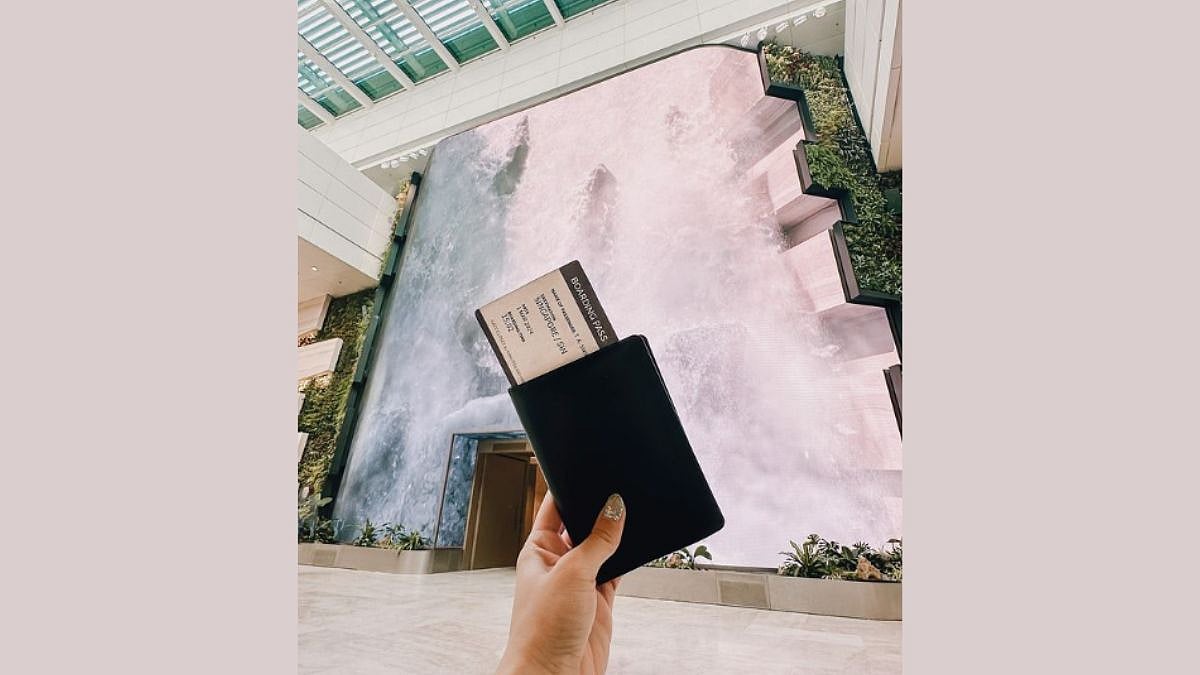Dubai: Tracking data shows an oil tanker based in the United Arab Emirates travelling through the Strait of Hormuz drifted off into Iranian waters and stopped transmitting its location over two days ago, raising concerns Tuesday about its status amid heightened tensions between Iran and the US.
It isn't clear what happened to the Panamanian-flagged oil tanker Riah late on Saturday night. However, its last position showed it pointing toward Iran.
Oil tankers have previously been targeted as the Persian Gulf region took center stage in a crisis over Iran's unravelling nuclear deal with world powers.
The concern about the Riah comes as Iran continues its own high-pressure campaign over its nuclear program after President Donald Trump unilaterally withdrew America from the accord over a year ago.
Recently, Iran has inched its uranium production and enrichment over the limits of its 2015 nuclear deal, trying to put more pressure on Europe to offer it better terms and allow it to sell its crude oil abroad.
However, those tensions also have seen the US send thousands of additional troops, nuclear-capable B-52 bombers and advanced fighter jets into the Mideast.
Mysterious attacks on oil tankers and Iran shooting down a US military surveillance drone has added to the fears of an armed conflict breaking out.
The Riah, a 58-meter (190-foot) oil tanker, typically made trips from Dubai and Sharjah on the UAE's west coast before going through the strait and heading to Fujairah on the UAE's east coast.
However, something happened to the vessel after 11 pm on Saturday, according to tracking data.
Capt. Ranjith Raja of the data firm Refinitiv told The Associated Press on Tuesday that the tanker hadn't switched off its tracking in three months of trips around the UAE. "That is a red flag," Raja said.
Iranian officials have not said anything publicly about the ship, nor have officials in the UAE. The US Navy's 5th Fleet, which oversees Mideast waters, declined to immediately comment.
The ship's registered owner, Dubai-based Prime Tankers LLC, told the AP it had sold the ship to another company called Mouj Al-Bahar. A man who answered a telephone number registered to the firm told the AP it didn't own any ships.
Separately, Iran's Supreme Leader Ayatollah Ali Khamenei said Tuesday his country will retaliate over the seizure of an Iranian supertanker carrying 2.1 million barrels of light crude oil.
The vessel was seized with the help of British Royal Marines earlier this month off Gibraltar. Khamenei called the seizure of the ship "piracy" in a televised speech Tuesday.
"God willing, the Islamic Republic and its committed forces will not leave this evil without a response," he said.
British Foreign Secretary Jeremy Hunt said Saturday that Britain will facilitate the release the ship if Iran can provide guarantees the vessel will not breach European sanctions on oil shipments to Syria.
Meanwhile, Iran's Foreign Minister Mohammad Javad Zarif suggested for the first time that the Islamic Republic's ballistic missile program could be up for negotiations with the US, a possible opening for talks as tensions remain high between Tehran and Washington.
Zarif offered an initially high price for such negotiations — the halt of American arms sales to both Saudi Arabia and the United Arab Emirates, two key US allies in the Persian Gulf.
But the fact that he mentioned it at all potentially represents a change in policy. The country's ballistic missile program remains under control of the Iranian paramilitary Revolutionary Guard, which answers only to Khamenei.
Zarif brought up the ballistic missile offer during an interview with NBC News that aired Monday night as he's in New York for meetings at the United Nations.
He mentioned the UAE spending USD 22 billion and Saudi Arabia spending USD 67 billion on weapons last year, many of them American-made, while Iran spent only USD 16 billion in comparison.
"These are American weaponry that is going into our region, making our region ready to explode," Zarif said.






